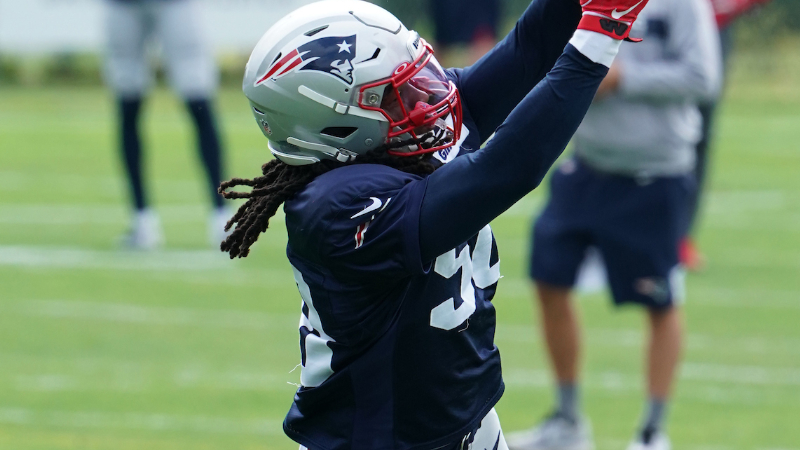Brad Stevens doesn’t tend to comment on issues outside basketball often, but the Boston Celtics head coach hasn’t been silent as unrest over racial injustice continues across the United States.
Stevens on Monday took to Twitter for the first time in three years, posting two different tweets expressing his commitment to help make meaningful change in wake of the current protests. And during a Zoom conference call with reporters Tuesday, Stevens opened up about his thoughts surrounding the nationwide issue.
As a coach in a league predominantly made up of black men, Stevens thinks white coaches like himself have a significant role to play in helping usher in social change. And he says he’s not alone, either.
“One thing that I heard from a number of coaches was that as White coaches, we have a lot of responsibility here,” Stevens said, as transcribed by MassLive’s John Karalis. “We may not be able to know the depth of the pain of the colleagues that are Black, or our players that are Black, our assistants that are Black, but we have a responsibility to be not only empathetic, but to help drive change.
More Celtics: Brad Stevens Wrote Letter To Players Amid George Floyd Protests
“… And also be aware enough to know that I might not be the person that somebody turns to,” Stevens added. “I think being able to be a listener, hearing our players talk about profiling, talk about discrimination, being empathetic towards that but also being able to acknowledge that I may not know the depth of that. But know I’m with you. If you need me, I’m here, and we’ve got a lot of people that are here, and we want to help.”
San Antonio Spurs head coach Gregg Popovich and Golden State Warriors head coach Steve Kerr already have been vocal about racial injustice in the U.S., and have been supporters of the equality movement. Kerr has been using his voice actively on Twitter, while Popovich has criticized the government and its broken system for failing the country.
Now, Stevens hopes more coaches — including himself — will step up and support the cause.
“I think that a lot of people are feeling a pain and then transferred to anger,” Stevens said. “We have all been in these conversations before and you’re moved to drive change, and sometimes actionable steps lead to what you think is progress, but this sure doesn’t look like progress. So what we need to do is play our part and make sure that we’re part of long-term, sustainable change.”
Well said.





